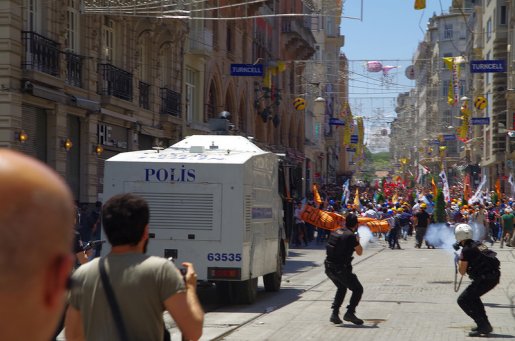After the first anniversary of Morsi's presidency, the protest movement Tamarod collected millions of signatures demanding the ousting of the president, accused of doing very little to help the stagnant economy, and criticized for his attempts to introduce a Muslim-orientated constitution in a secular country.
Since the army ousted Mr Morsi on 3rd July 2013, Egypt has been in turmoil as the pro Morsi protesters condemn the military coup d'état, and demand the reinstatement of the Muslim Brotherhood leader.
Wednesday 14th August was the most violent day since the protests started: violence erupted throughout the nation and caused the death of hundreds, including women and children.
Morsi supporters attacked and set ablaze tens of Christian properties including churches and schools; they set fire to a military buildings; they took over a police station and committed acts of violence against policemen and journalists.
Following the attacks, a state of emergency has been declared till the end of the month. Egyptians are also subjected to a curfew, with the risk of imprisonment for those who will not abide by it.












